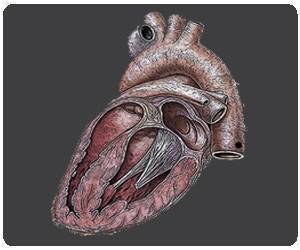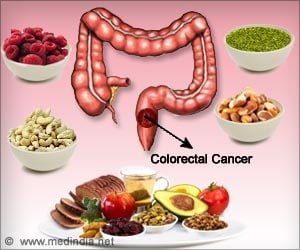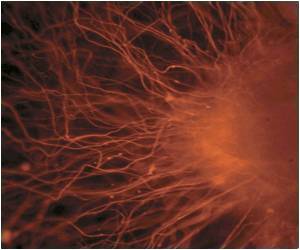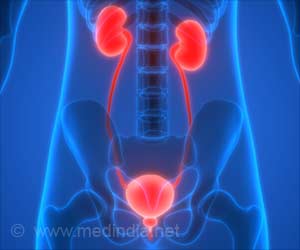Human embryonic stem cells which are grown from muscle cells boosted damaged monkey hearts in lab experiments says a study which holds promise for therapies to replace tissues in heart

"The human grafts remuscularised about 40 percent of the damaged region," of the hearts of monkeys used in the experiment, study co-author Charles Murry of the University of Washington's Center for Cardiovascular Biology, told AFP.
"We showed that the human heart muscle is fed by blood vessels from the heart's native circulation. Importantly, we find that the human heart muscle integrated with the monkey's heart and beat in synchrony, up to 240 beats per minute."
Embryonic stem cells -- neutral, primitive cells that can develop into most of the specialised tissue cells of the body -- are viewed as a potential source for rebuilding organs damaged by disease or accident.
"The study represents an important step towards the possibility of cardiac muscle cell transplantation as a viable clinical therapy for heart failure," said a Nature summary.
Murry said this was the most human heart muscle that any team has managed to grow in a damaged heart.
Advertisement
However, the muscle grafts caused rhythm disturbances in the monkeys -- a complication that needs to be fixed.
Advertisement
Source-AFP














